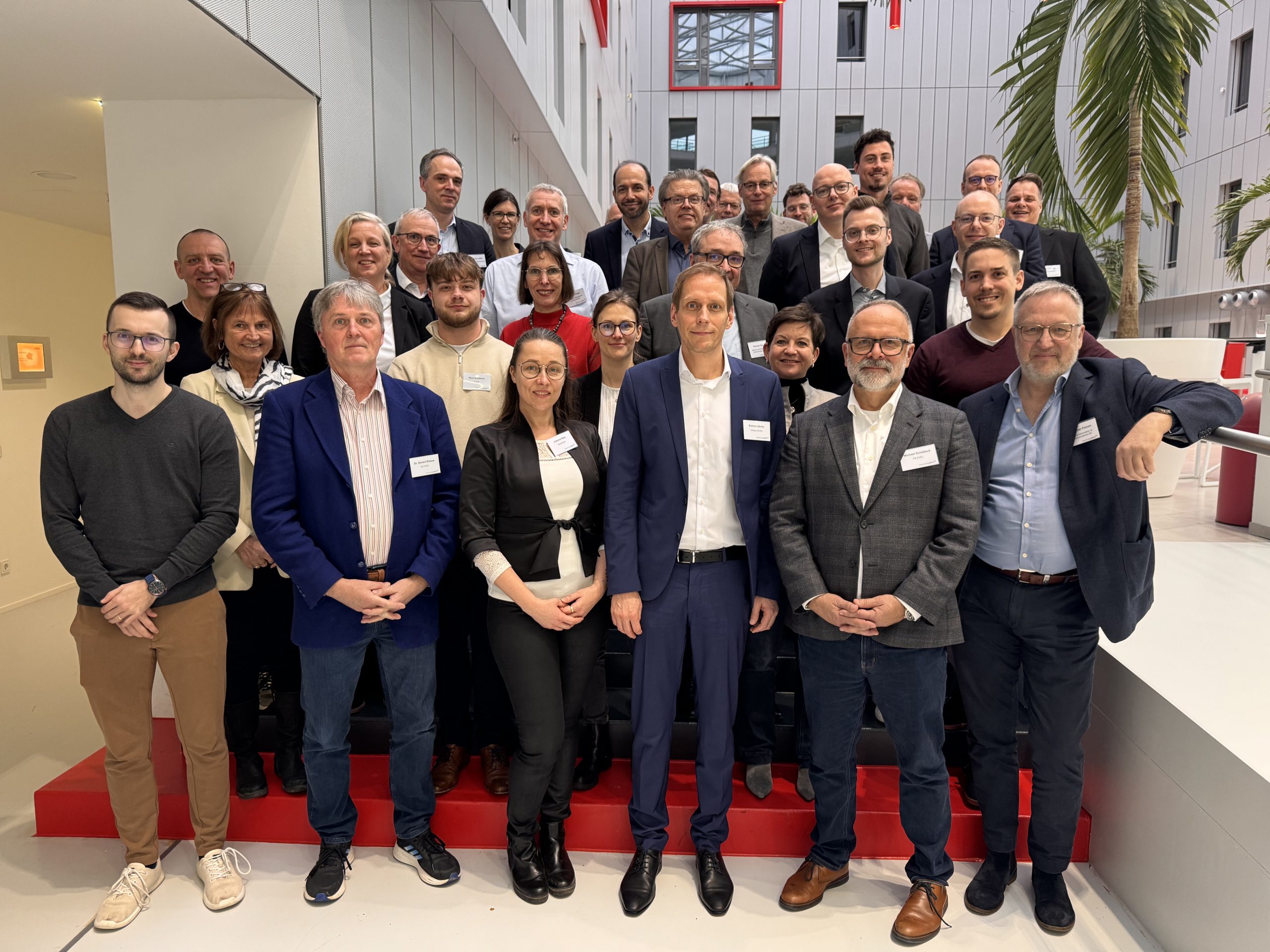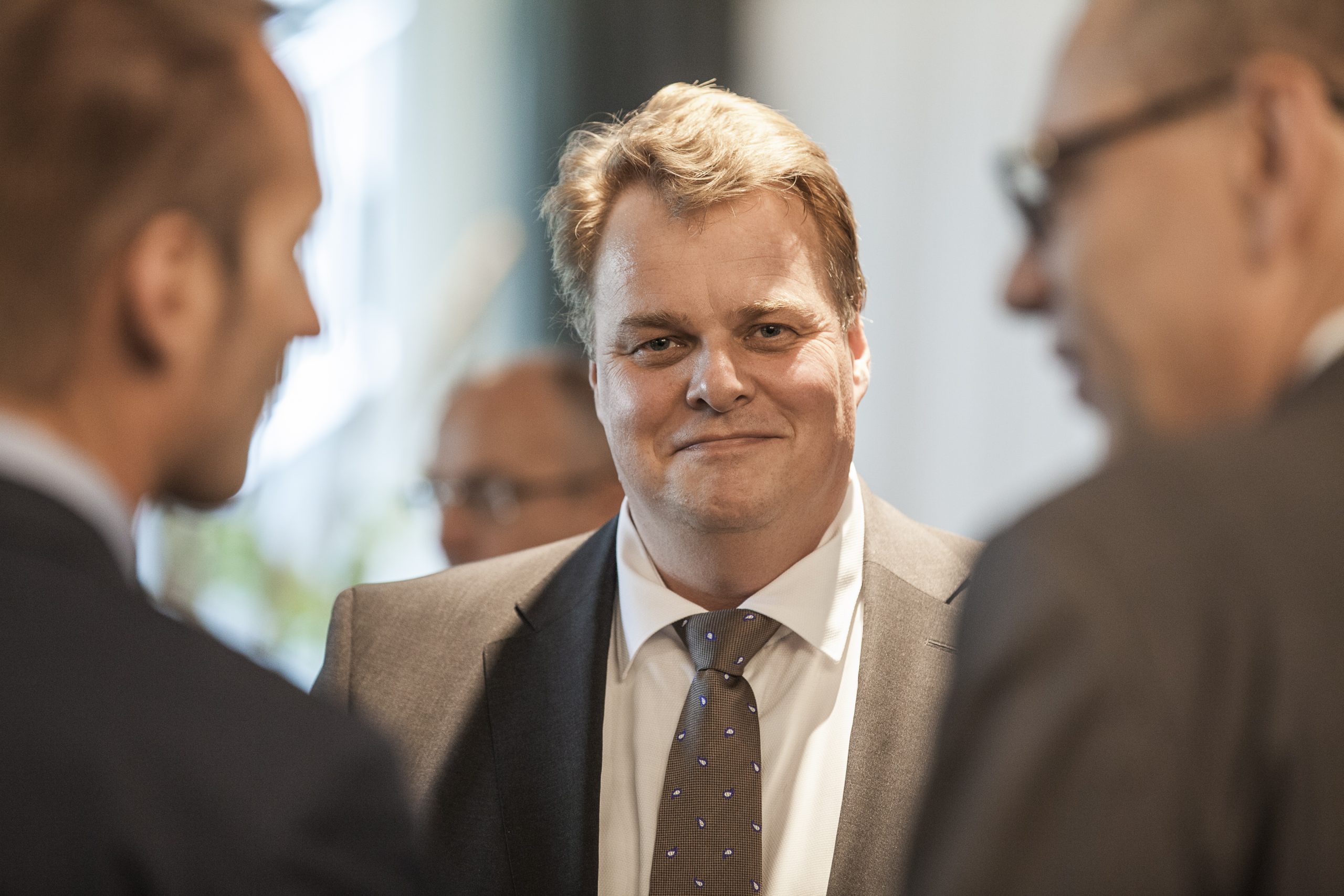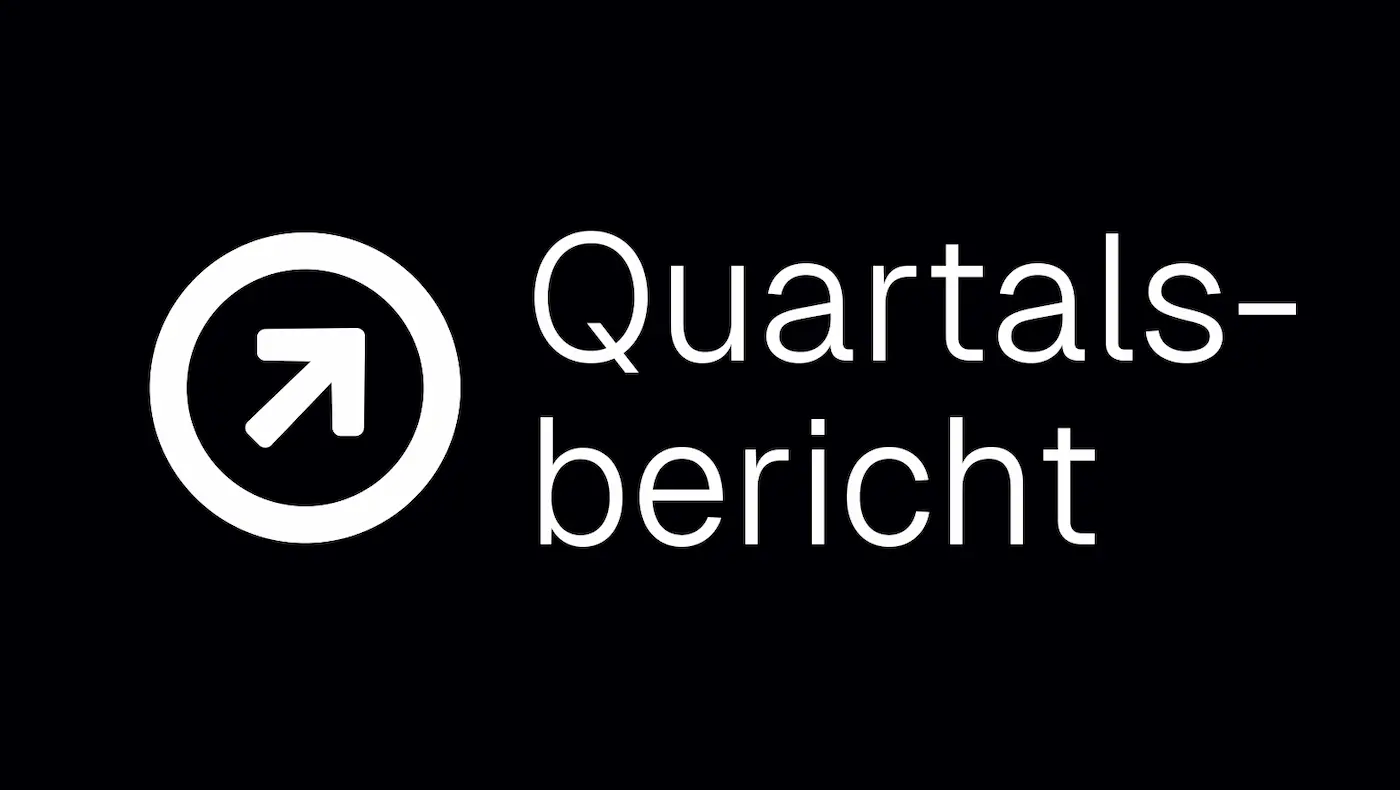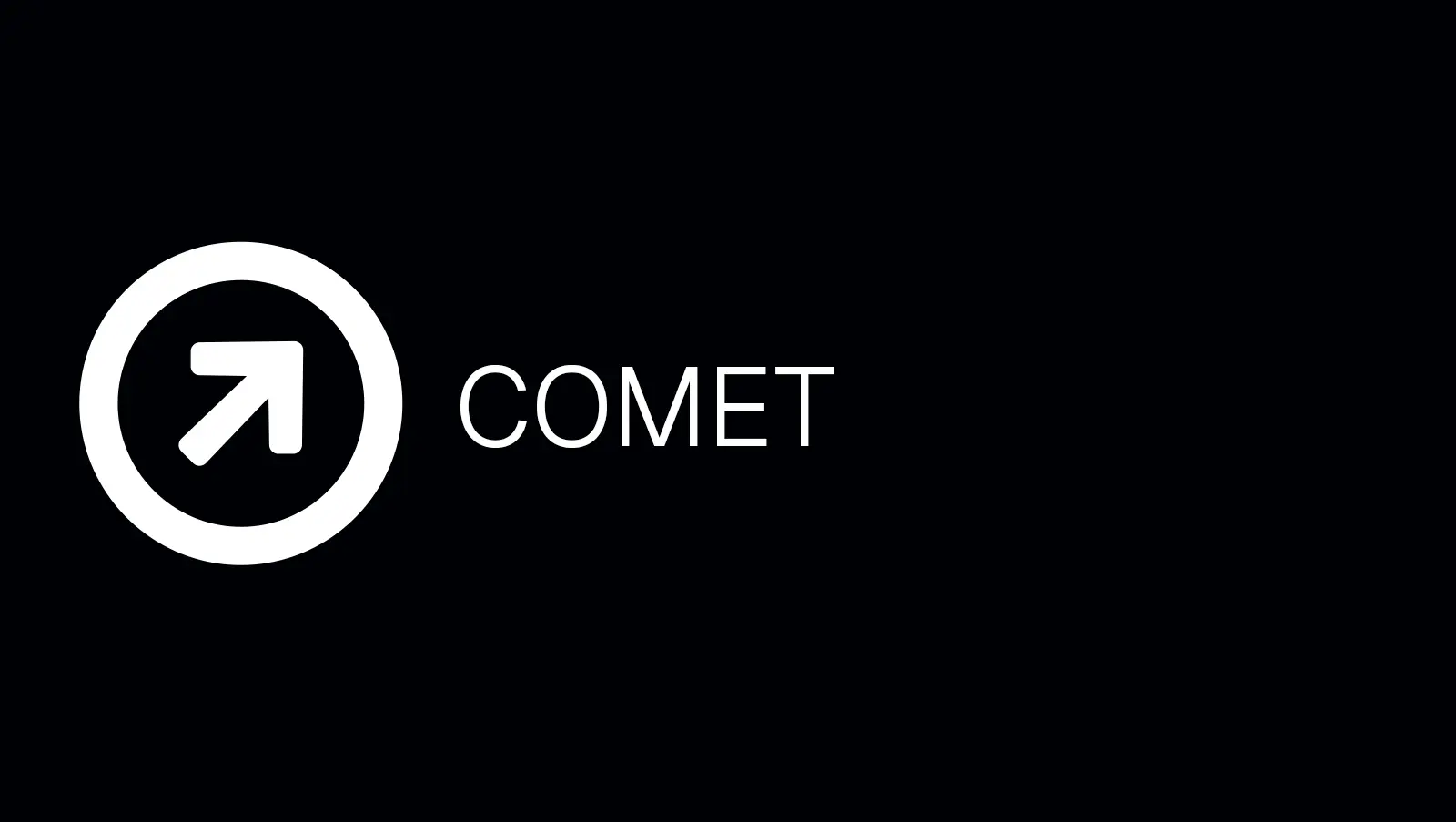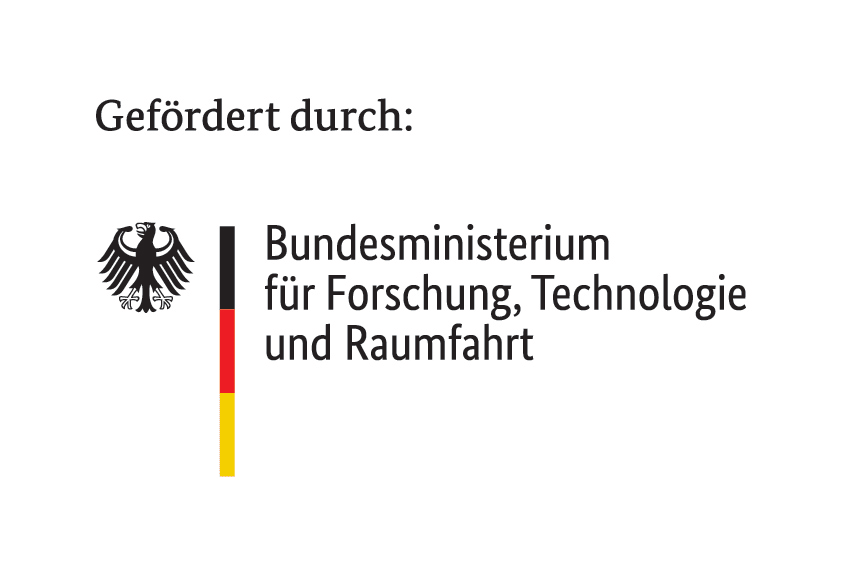Associated partners shape the future of the SmartLivingNEXT data room
2. July 2025
8 minutes
In order to specifically involve potential partner interests, SmartLivingNEXT flagship project organized an interactive workshop on 25 June 2025 at the premises of VDI/VDE Innovation + Technik GmbH in Berlin. Numerous associated partners took the opportunity to take an in-depth look at the future direction of the shared data space and contribute their own perspectives to the design. The focus was on key questions such as how SMEs and start-ups can benefit from the data room and which data-based services could be real game changers for the market.
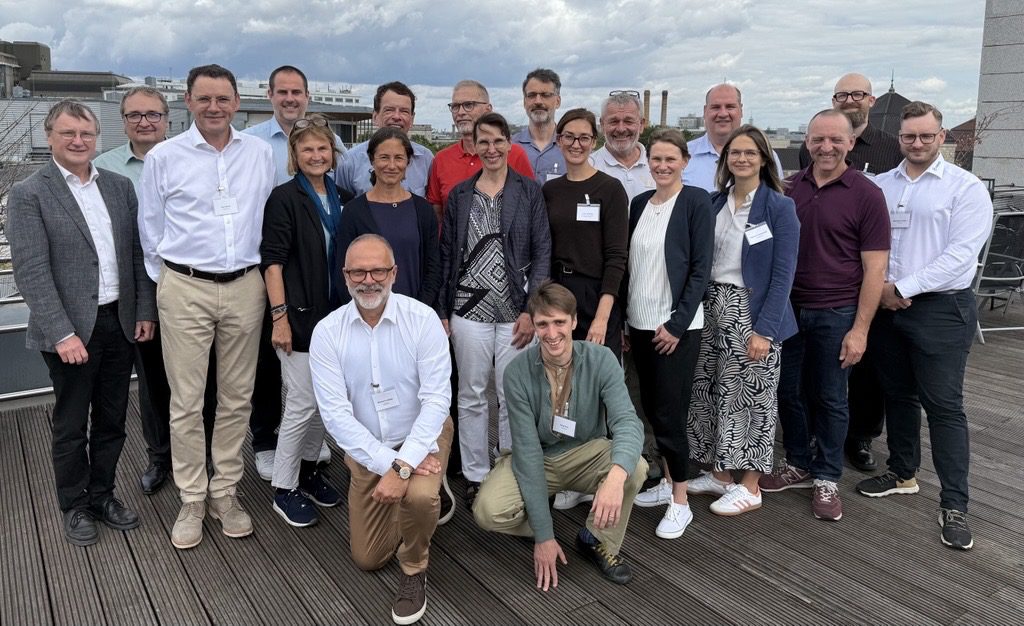
Rahild Neuburger from LMU Munich moderated the workshop together with Michael Schidlack, Research Association for Electrical Engineering (FE) at ZVEI e. V. and consortium leader in SmartLivingNEXT flagship project. Entitled “From partner to co-creator – perspectives on the SmartLivingNEXT ecosystem”, the workshop offered an intensive exchange on organizational, technical, strategic and business model-related issues. After a welcome and introduction to the research project, which is funded by the Federal Ministry for Economic Affairs and Energy (BMWE) with 25 million euros, Schidlack presented the current strategy and prospects for the data room. Fanni Vespermann from Materna presented the technical basics of the Dataspace. In a subsequent Q&A session, key terms such as shared data space and governance were jointly clarified, information gaps were closed and participants’ experiences from comparable projects were discussed.
The first block of work focused on the question of what companies need in order to benefit from a data space. The participants discussed which data spaces would be particularly valuable for their business models, what requirements they have in terms of data quality and availability, which services they would like to see and under what conditions it would make economic sense for them to participate. The second block of work focused on the development of specific use cases in small groups. Here, ideas were developed, challenges identified and four data-based use cases with a marketing perspective were developed. The results were then pooled in the plenary session and reflected on together.
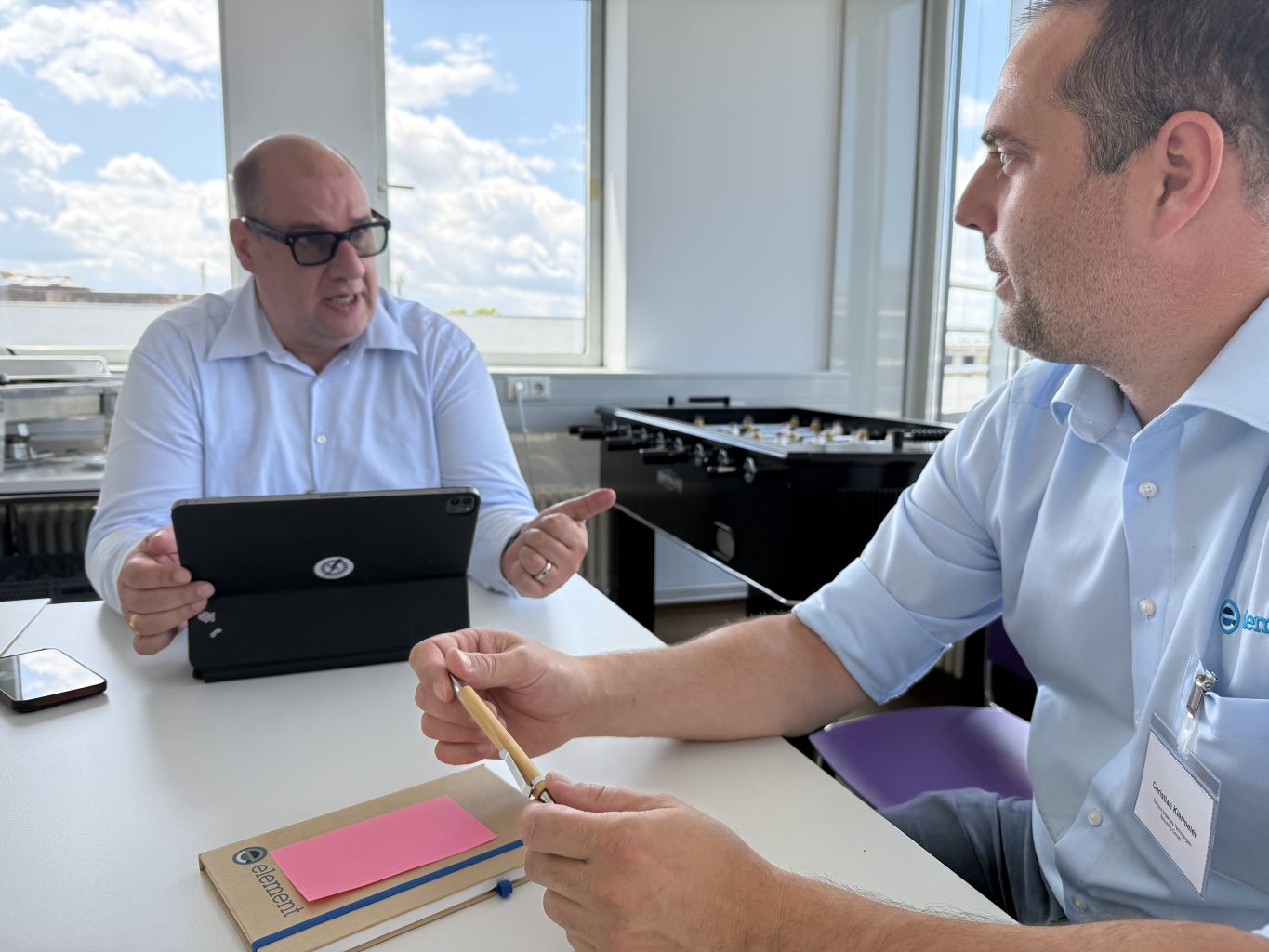
Use Case 1 “Energy”: Dynamic electricity prices relieve the grid
Increasing grid congestion in the distribution grid leads to higher costs and raises the question of who bears these costs: Grid operators, energy suppliers or subscribers. However, grid expansion alone is no longer enough to manage the energy transition. Digital solutions and new incentive models are needed. All participants at the workshop were certain of this.
For this reason, dynamic electricity prices, which are based on the load on the grid, should ensure greater flexibility in future. The price of electricity will rise when there are bottlenecks and fall when there is free capacity. This motivates consumers to adjust their energy consumption. Energy management systems (EMS), which process price signals, integrate data from photovoltaic systems (PV) and consumption devices and derive intelligent control decisions from this, are an important prerequisite for this.
Christof Wiedmann, Energy Journey Consultant, Fenecon GmbH/ Chairman of the OpenEMS Association: “EMS will thus become the control center for the energy transition in buildings. Systems such as OpenEMS or components from the Home Energy Initiative are already available, but are not yet fully interoperable. The pressure to act is growing, including on the topic of energy sharing, the legal implementation of which is still open in Germany. The technology is there, the legal framework is developing. Now we need to speed up implementation. EMS offer great potential for a grid-friendly, digital energy future.”
Use case 2 “Digital life manager”: living a self-determined life with digital assistants
The second use case developed in the workshop, “Digital life manager”, is aimed at a modular assistance system for elderly or chronically ill people. It intelligently links health, everyday life and care data in order to provide personalized recommendations, promote self-determination and strengthen social participation. The system is based on the SmartLivingNEXT data space, works interoperably with open standards and also preserves the user’s data sovereignty. Among other things, it integrates medical information, smart home data, shopping and leisure offers as well as digital activity patterns. The aim is to create a holistic, trustworthy ecosystem that identifies gaps in care early on, makes municipal services smarter and enables data-based innovation.
Udo Scalla, Managing Director of CorDev GmbH: “Ambient Assisted Living (AAL) is not a purely technical topic, but above all a social one: it’s about using data to enable real quality of life in old age. SmartLivingNEXT shows how data-sovereign solutions that remain in Europe can really help people.”
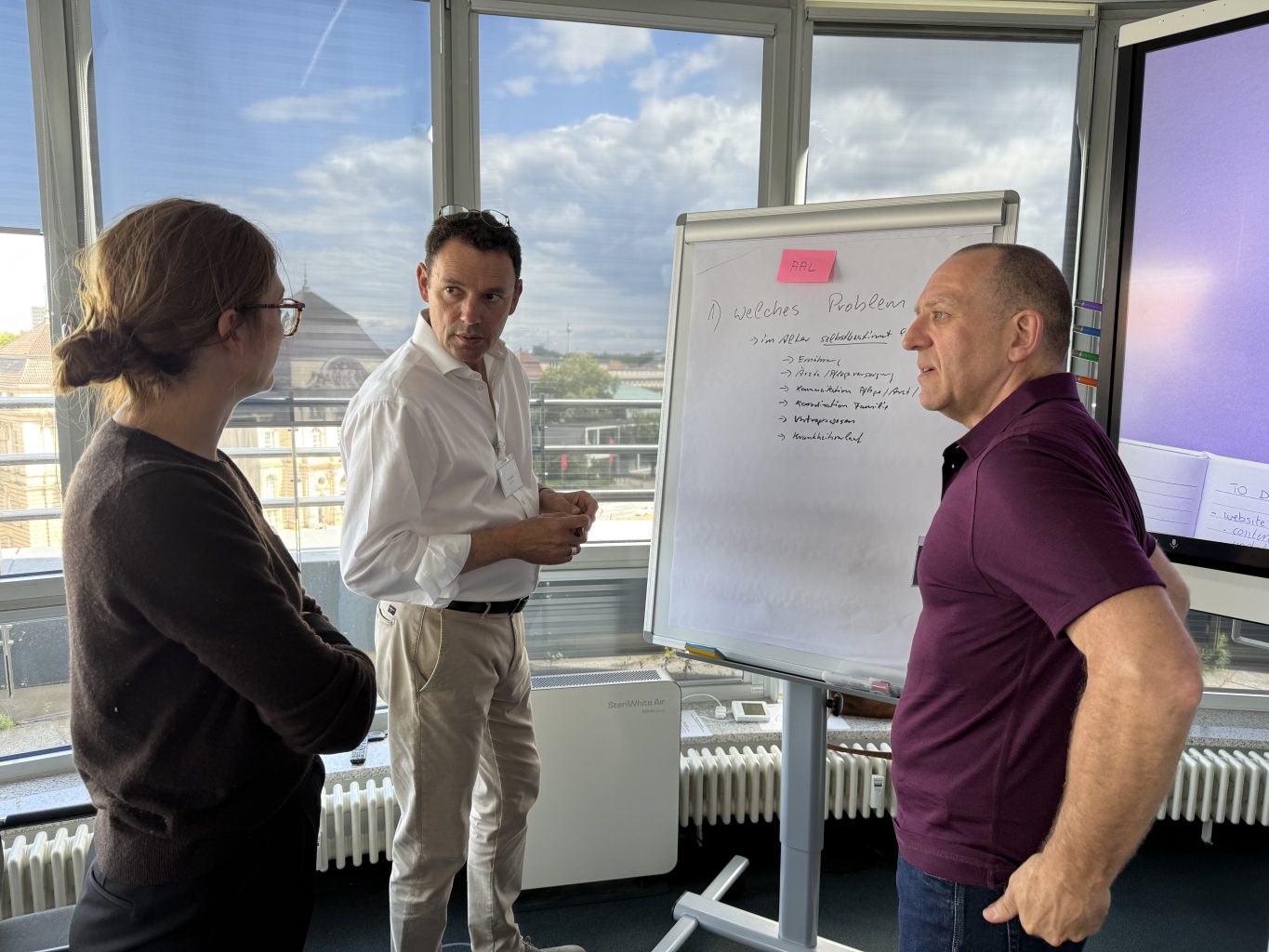
Use case 3 “Digital building file”: manage more efficiently, make decisions faster
The “digital building file” is intended to provide owners with a central, constantly updated database relating to their private, commercial or institutional property. The aim is to simplify and speed up processes such as sales, refurbishment or subsidy applications. Instead of laboriously compiling information, all relevant data, such as the building file, energy performance certificate or refurbishment history, is bundled in a digital file. This can be passed on as a digital asset when the property changes hands.
The file can also be valuable for local authorities: As part of heat planning, they could voluntarily request energy consumption data in a data-sovereign manner and in return for specific services such as subsidy advice. The technical basis is a meta-platform with open interfaces that integrates existing systems and is also easy to use for owners without their own software.
Use Case 4 “Certification”: Creating trust with uniform standards
The SmartLivingNEXT data room aims to create a reliable certification model for providers and services that combines technical, organizational and security-related requirements. The aim is to create trust without slowing down innovation. The basis for this are uniform standards that are continuously developed and adapted to regulatory requirements. Providers should know exactly what role they can play in the data room and what technical and organizational requirements they need to meet.
The certification process should combine automated, AI-supported preliminary checks with human control in safety-critical areas. A transparent licensing model ensures that both commercial and non-profit stakeholders can be involved. The certifier itself should act independently, mediate between industry and regulation and also act as a trustworthy point of contact at European level in the long term. Staggered fees will ensure the operation of the system without creating new bureaucracy. In the workshop, the participants emphasized a pragmatic approach with an effective procedure, comprehensible audits and a strong governance structure for an efficient digital ecosystem in the smart living sector.
Very high interest in active participation in the SmartLivingNEXT data room
The workshop concluded with a joint final round in which participation opportunities, next steps and the prospect of real operation in fall 2027 were discussed. Schidlack: “The workshop made it particularly clear that our associated partners are very interested in actively helping to shape a shared, open data space with a focus on interoperability, user centricity and digital sovereignty. Many see concrete starting points for their own business models, strategic collaborations and a long-term role in the AI-supported ecosystem. The impetus gained in the workshop will now flow directly into the further development of the governance structure and concepts for real operations.”
Listen to the article (in German):
Editorial office:
Ilka
Klein
Category:
Flagship project
